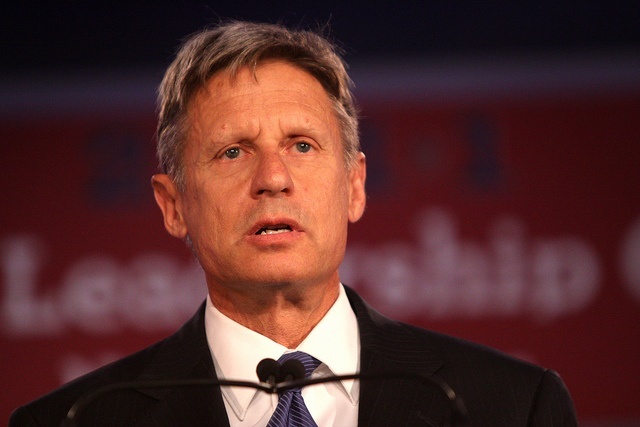
Despite a total media blackout, four candidates for President will be debating on October 23rd. The Free and Equal 2012 Presidential debate is between the four major candidates not included in the Democrat and Republican debates. According to Free and Equal’s website, the debate will be “broadcast online and via satellite worldwide at www.freeandequal.org/live and LinkTV.”
Free and Equal’s website had the following information as well:
“Hosted by Free and Equal, the debate will take place at the University Club of Chicago on October 23. Libertarian Party candidate Gary Johnson, Green Party candidate Jill Stein, Constitution Party candidate Virgil Goode, and Justice Party candidate Rocky Anderson have all confirmed their participation in the debate…
…Free and Equal’s 2012 Third Party Presidential Debate sponsors span the political spectrum and the globe of grassroots organizations and media who are uniting to solve our nation’s problems. Current sponsors include: The Nation, Fair Tax Nation, Humboldt Sentinel, Before It’s News, The Josh Tolley Show, Ballot Access News, Third Party Presidential Debate
https://youtu.be/X7X8yBt5XKk
According to The Machinery of Freedom by David Friedman, Open Court Publishing Company, 1973.
The central idea of libertarianism is that people should be permitted to run their own lives as they wish.
According to Libertarianism: A Primer by David Boaz, Free Press, 1997.
Libertarianism is the view that each person has the right to live his life in any way he chooses so long as he respects the equal rights of others. Libertarians defend each person’s right to life, liberty, and property-rights that people have naturally, before governments are created. In the libertarian view, all human relationships should be voluntary; the only actions that should be forbidden by law are those that involve the initiation of force against those who have not themselves used force-actions like murder, rape, robbery, kidnapping, and fraud.
According to Funk and Wagnall’s Dictionary
lib-er-tar-i-an, n. 1. a person who advocates liberty, esp. with regard to thought or conduct…. advocating liberty or conforming to principles of liberty.
According to American Heritage® Dictionary of the English Language: Fourth Edition, 2000.
NOUN: 1. One who advocates maximizing individual rights and minimizing the role of the state.
The Challenge of Democracy (6th edition), by Kenneth Janda, Jeffrey Berry, and Jerry Goldman
Liberals favor government action to promote equality, whereas conservativesfavor government action to promote order. Libertarians favor freedom and oppose government action to promote either equality or order.
According to What It Means to Be a Libertarian by Charles Murray, Broadway Books, 1997.
The American Founders created a society based on the belief that human happiness is intimately connected with personal freedom and responsibility. The twin pillars of the system they created were limits on the power of the central government and protection of individual rights. . . .
A few people, of whom I am one, think that the Founders’ insights are as true today as they were two centuries ago. We believe that human happiness requires freedom and that freedom requires limited government.
The correct word for my view of the world is liberal. “Liberal” is the simplest anglicization of the Latin liber, and freedom is what classical liberalism is all about. The writers of the nineteenth century who expounded on this view were called liberals. In Continental Europe they still are. . . . But words mean what people think they mean, and in the United States the unmodified term liberal now refers to the politics of an expansive government and the welfare state. The contemporary alternative is libertarian. . . .
Libertarianism is a vision of how people should be able to live their lives-as individuals, striving to realize the best they have within them; together, cooperating for the common good without compulsion. It is a vision of how people may endow their lives with meaning-living according to their deepest beliefs and taking responsibility for the consequences of their actions.
Leave a Reply